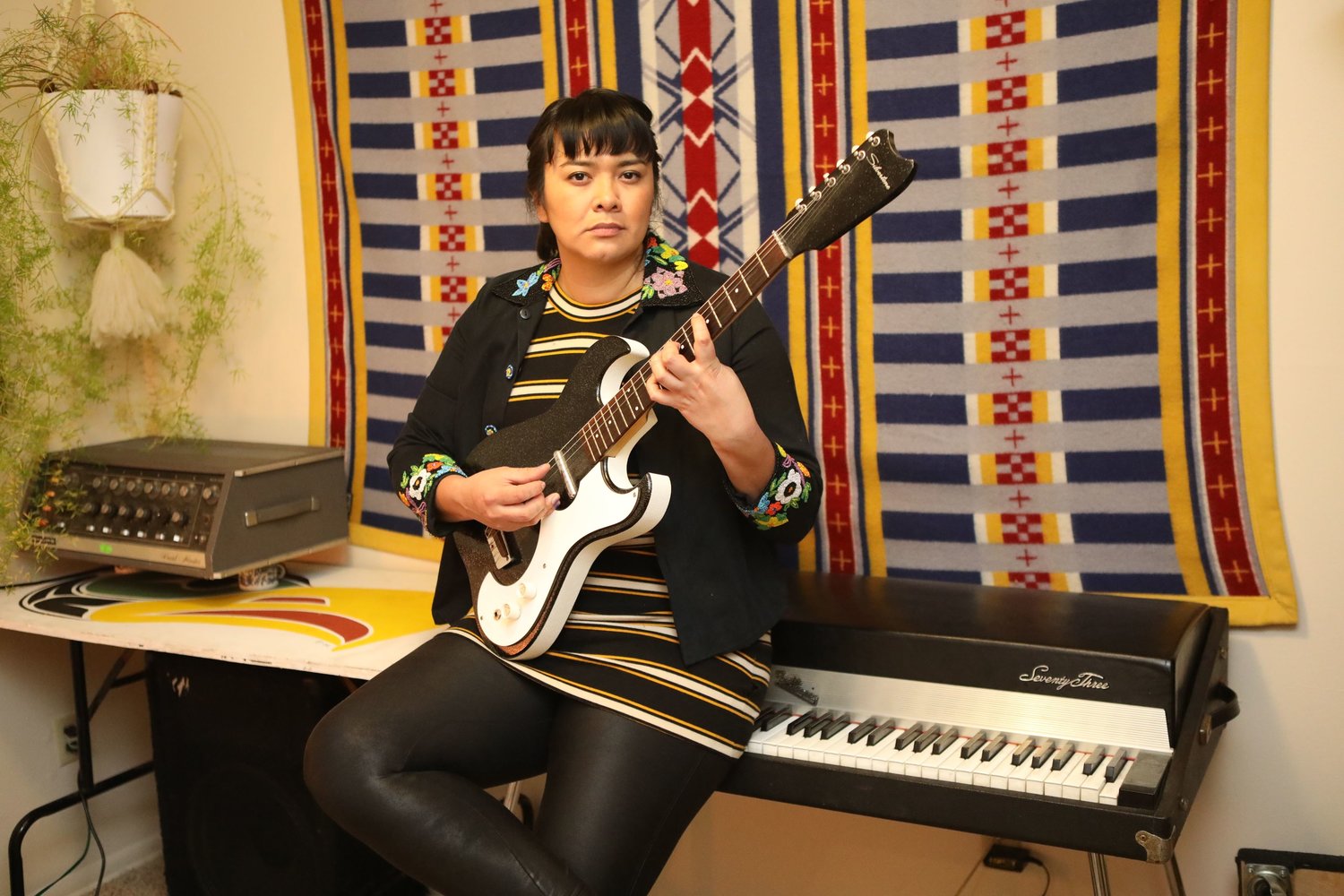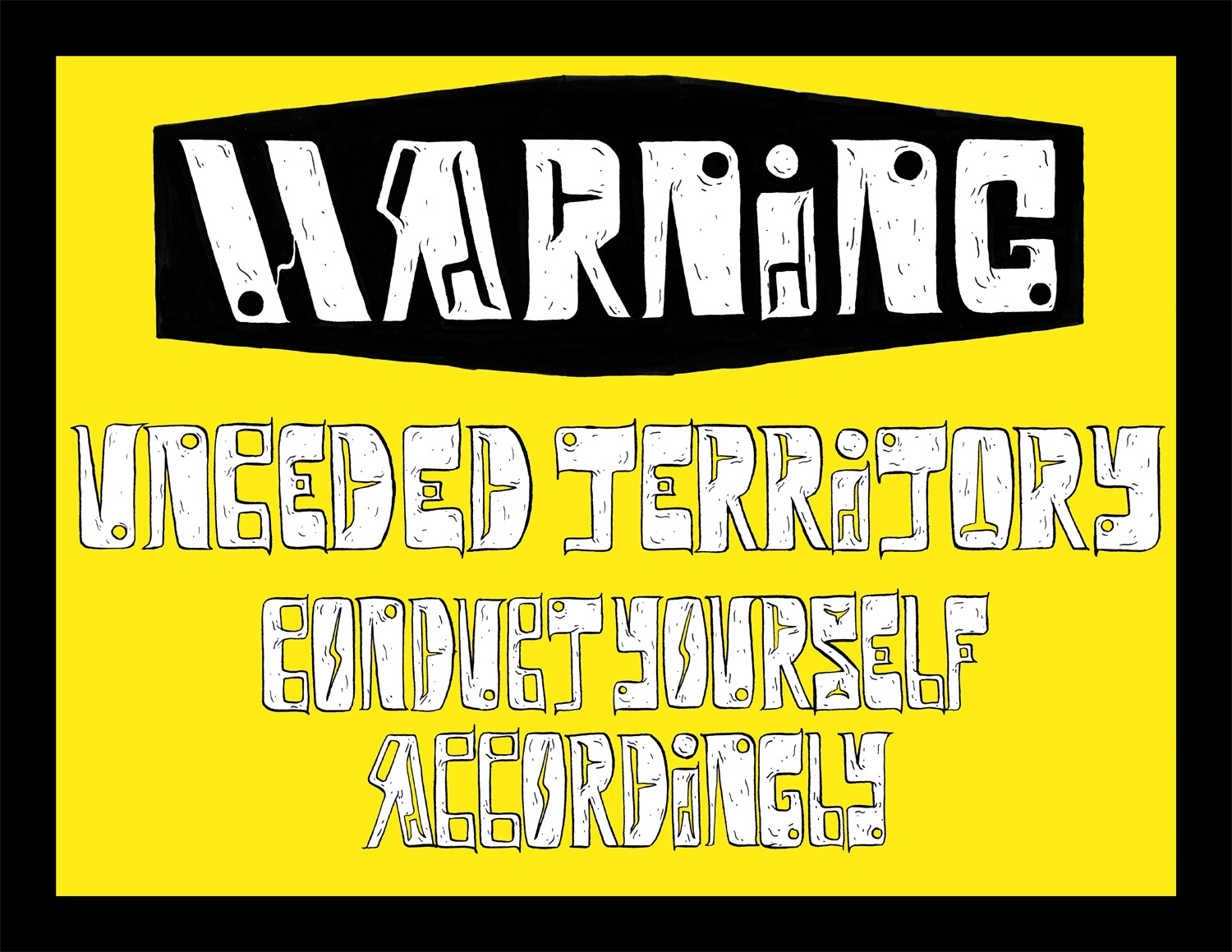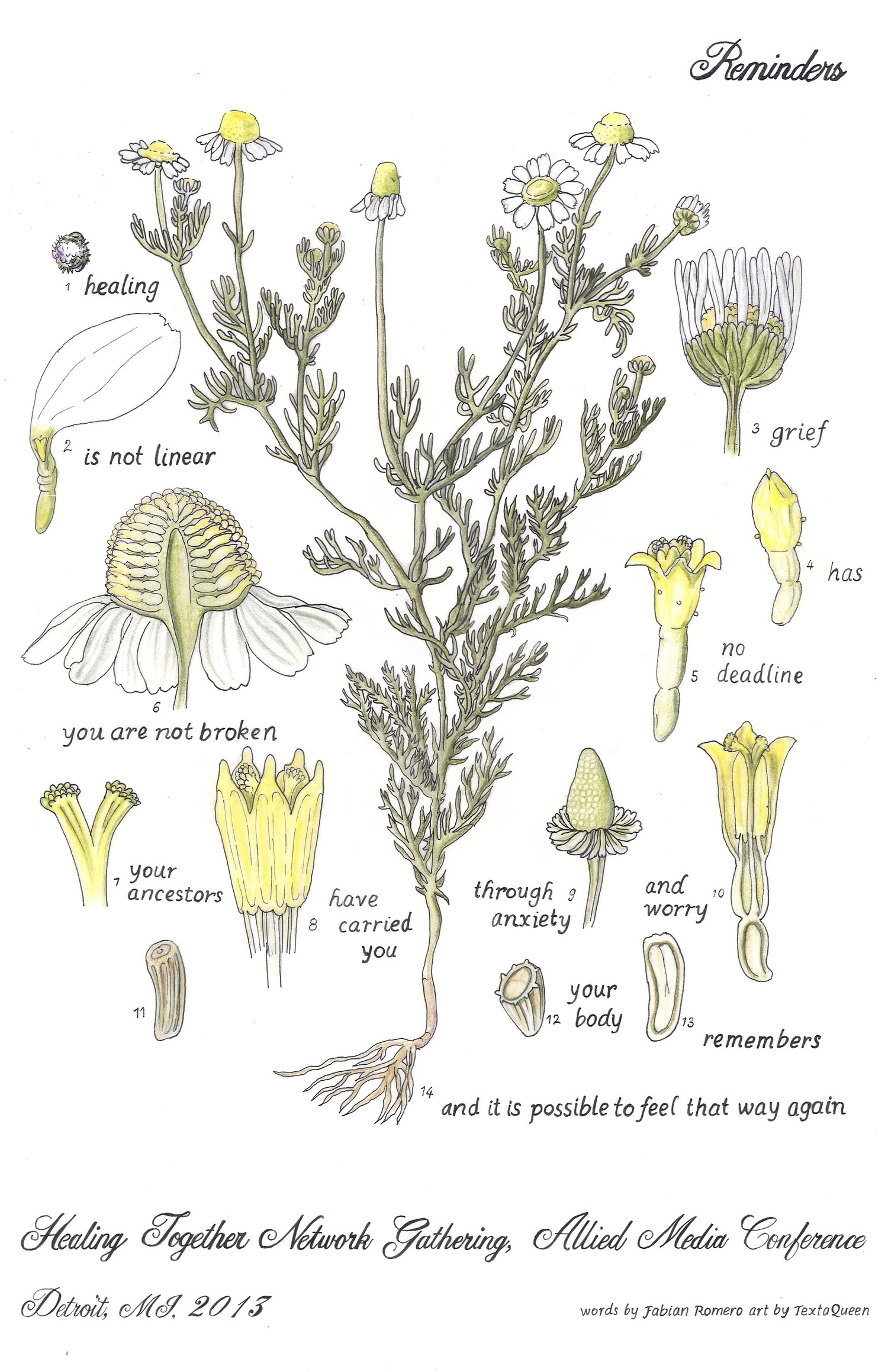Responsive Witnessing: Emily Johnson, Karyn Recollet, Joseph M. Pierce & Camille Usher
Presented here is a rebroadcast of a responsive witnessing event produced through the STTLMNT Digital Occupation project. This is a conversation between Karyn Recollet, Emily Johnson, Joseph M. Pierce and Camille Georgeson-Usher. You are invited to first Watch the recording of the filmed performance, The Ways We Love and The Ways We Love Better, Monumental Movement Toward Being Future Being(s), Emily Johnson's Collaboration with Jeffrey Gibson, presented at Socrates Sculpture Park, NY, September 16, 2020, and which this Responsive Witnessing conversation is in relationship with. Visit www.sttlmnt.org/projects/emily-johnson to view the performance and learn more about the artists featured in this conversation and the work of STTLMNT.
WATCH Emily Johnson's Collaboration with Jeffrey Gibson at Socrates "The Ways We Love and The Ways We Love Better, Monumental Movement Toward Being Future Being(s)"
About the artists in this conversation:
Emily Johnson is an artist who makes body-based work. She is a land and water protector and an activist for justice, sovereignty and well-being. A Bessie Award-winning choreographer, Guggenheim Fellow and recipient of the Doris Duke Artist Award, she is based in New York City. Originally from Alaska, Emily is of the Yup’ik Nation, and since 1998 has created work that considers the experience of sensing and seeing performance. Her dances function as portals and installations, engaging audiences within and through space, time, and environment—interacting with a place's architecture, peoples, history and role in community. Emily is trying to make a world where performance is part of life; where performance is an integral connection to each other, our environment, our stories, our past, present and future.
Karyn Recollet is an urban Cree scholar/artist/and writer, Recollet’s work focuses on relationality and care as both an analytic and technology for Indigenous movement-based forms of inquiry within urban spaces. Recollet works collaboratively with Indigenous dance-makers and scholars to theorize forms of urban glyphing. Recollet is in conversation with dance choreographers, Black and Indigenous futurist thinkers and Indigenous and Black geographers as ways to theorize and activate futurist, feminist, celestial and decolonial land-ing relationships with more-than-human kinships, and each other.
Camille Georgeson-Usher is a Coast Salish/Sahtu Dene/Scottish scholar, artist, and writer from Galiano Island, BC of the Pune’laxutth’ (Penelakut) Nation. She completed her MA in Art History at Concordia University where she worked to prove the impact of the performing arts in building confidence and leadership amongst Indigenous youth by learning to talk/embody discussions about safer sexual practices. She is currently a PhD candidate in the Cultural Studies department at Queen’s University and has been awarded the Joseph-Armand Bombardier Canada Graduate Scholarships-Doctoralfor her research-creation workaround urban Indigenous experiences within Indigenous arts collectives and other groups activating public spaces through gestures both little and big. Her artistic and curatorial practices are predominantly looking through acts of deep, loving convergences with colleague Asinnajaq (Isabella Weetaluktuk).
Joseph M. Pierce (Cherokee Nation) is Associate Professor in the Department of Hispanic Languages and Literature at Stony Brook University. His research focuses on the intersections of kinship, gender, sexuality, and race in Latin America, 19th century literature and culture, queer studies, Indigenous studies, and hemispheric approaches to citizenship and belonging. He is the author of Argentine Intimacies: Queer Kinship in an Age of Splendor, 1890-1910 (SUNY Press, 2019) and co-editor of Políticas del amor: Derechos sexuales y escrituras disidentes en el Cono Sur (Cuarto Propio, 2018) as well as the forthcoming special issue of GLQ, “Queer/Cuir Américas: Translation, Decoloniality, and the Incommensurable.” Along with SJ Norman (Koori, Wiradjuri descent) he is co-curator of the performance series Knowledge of Wounds.















